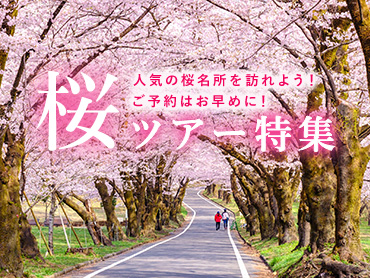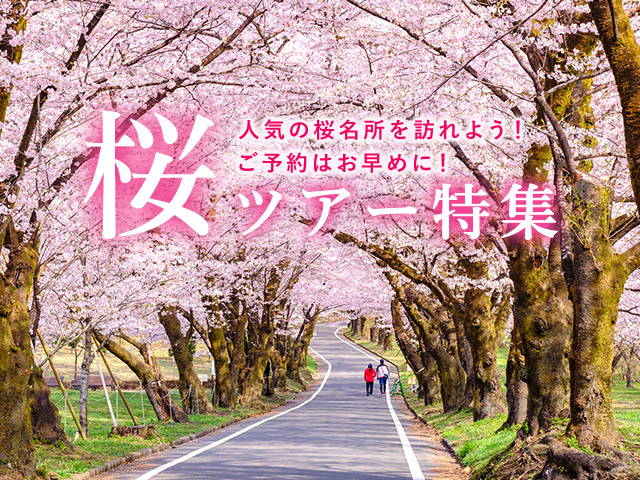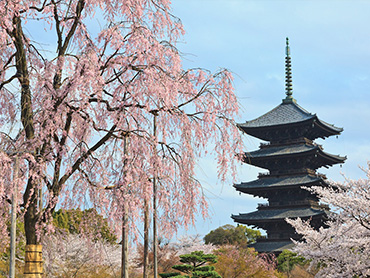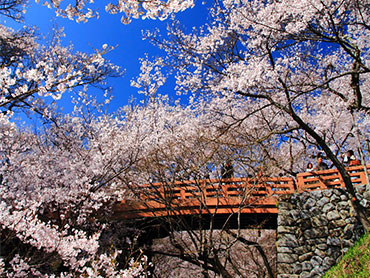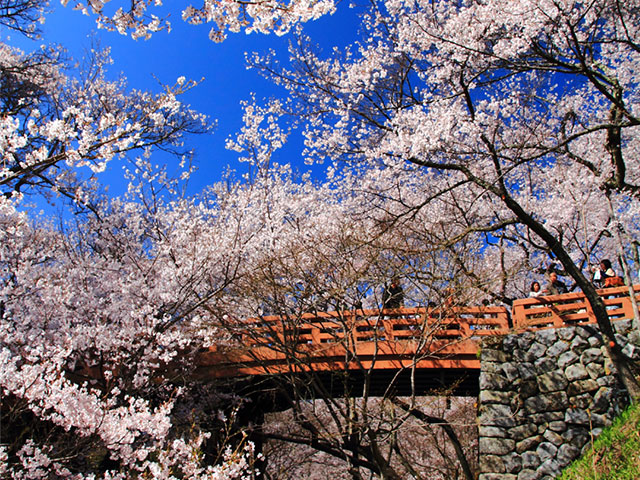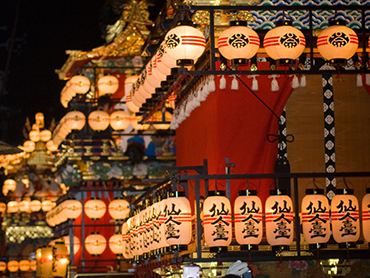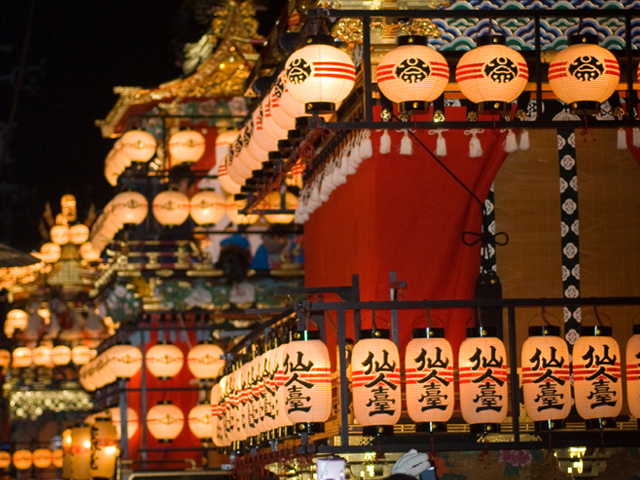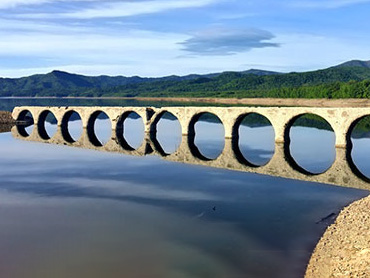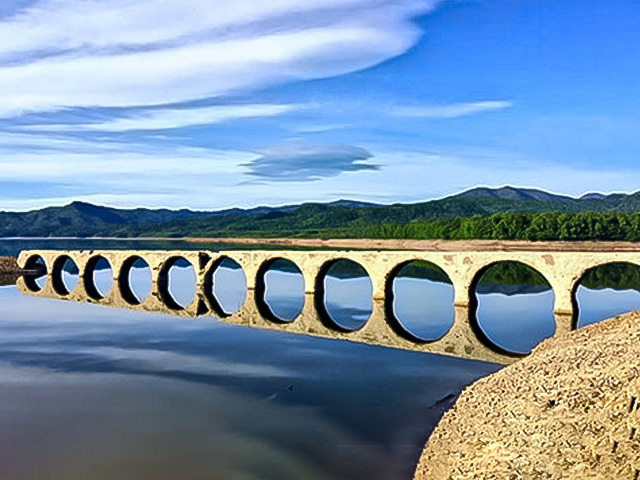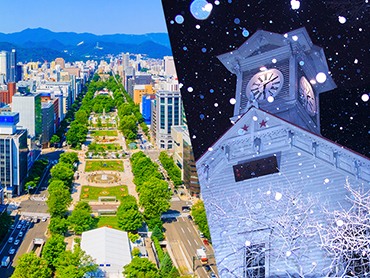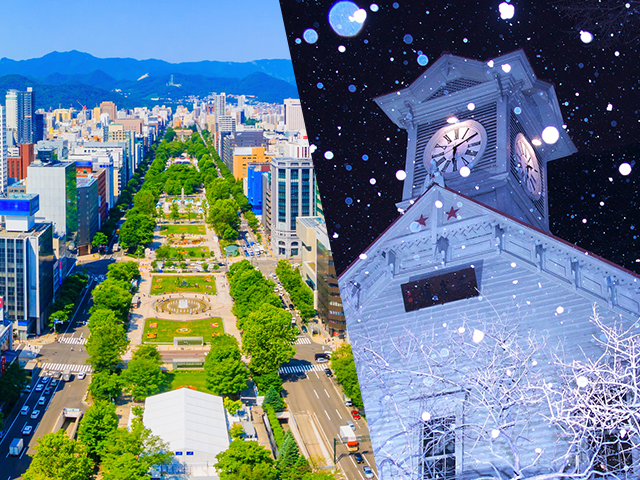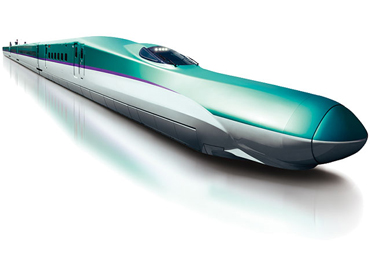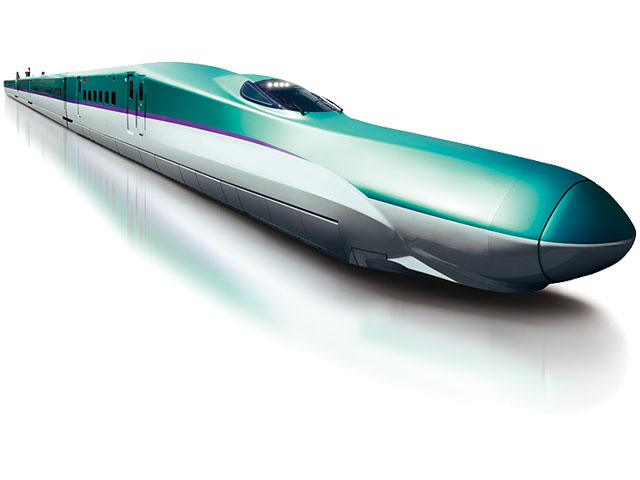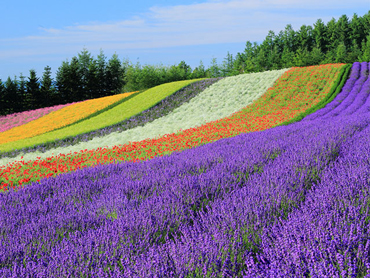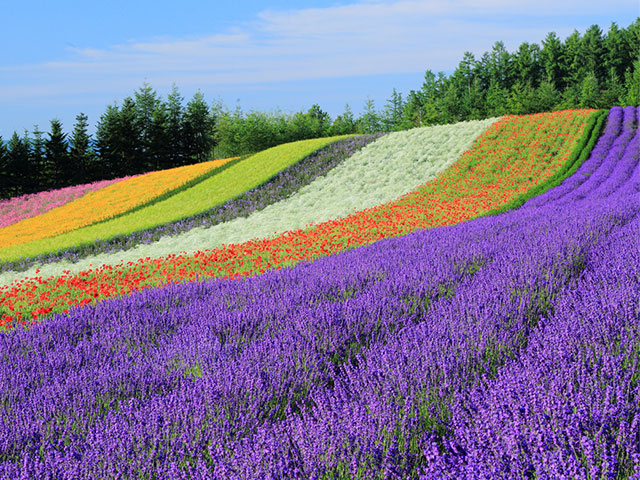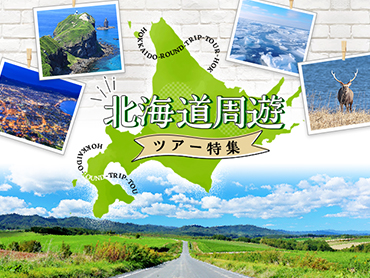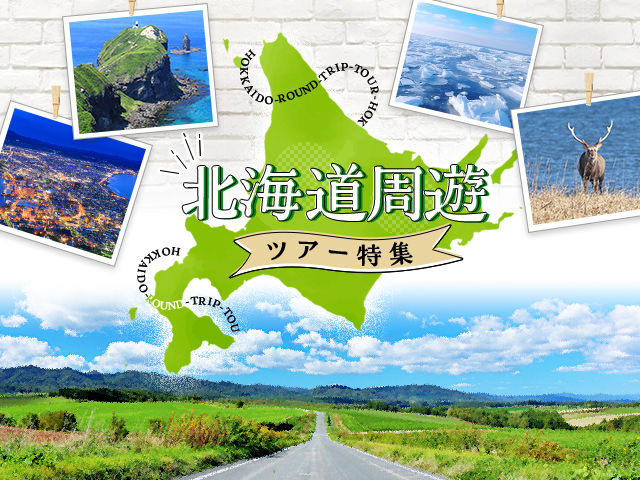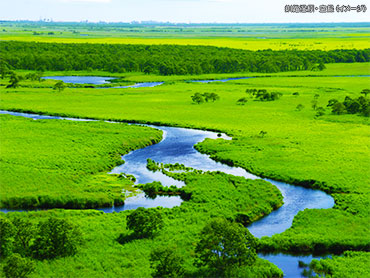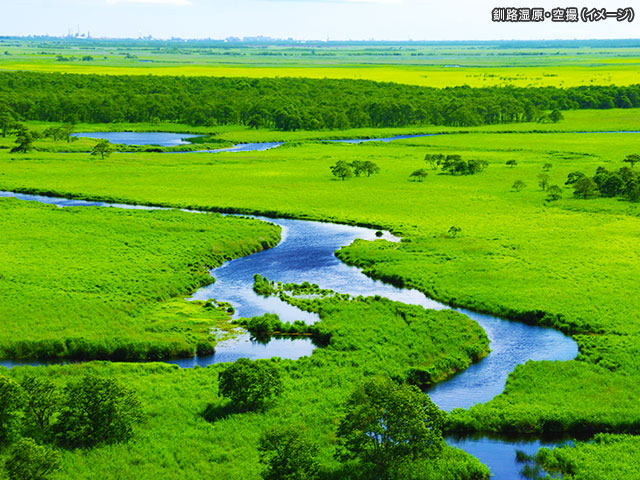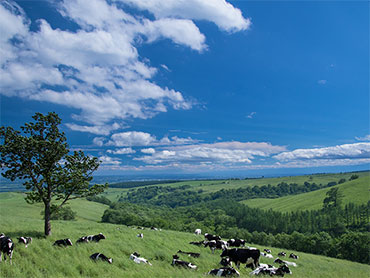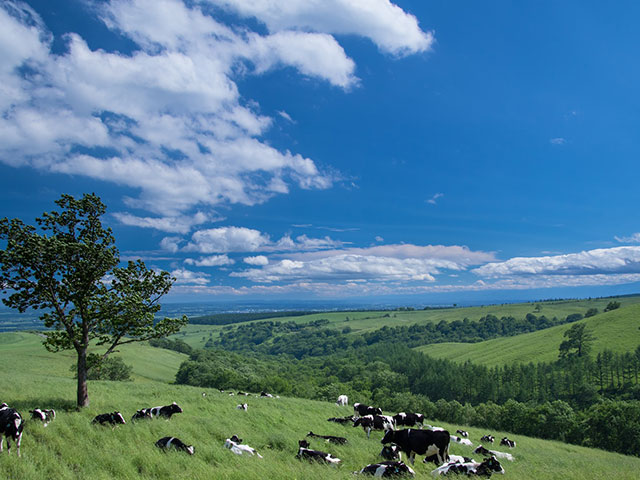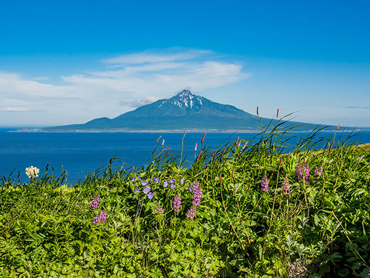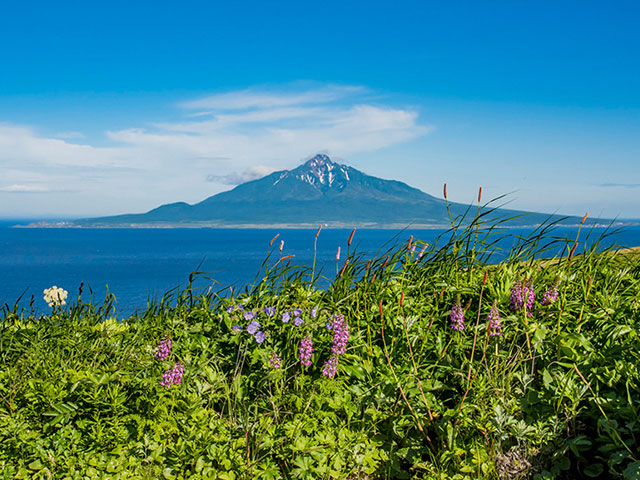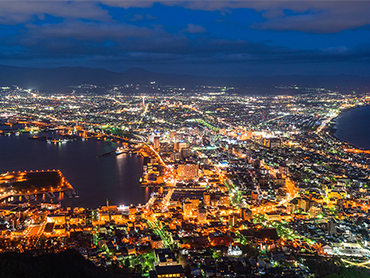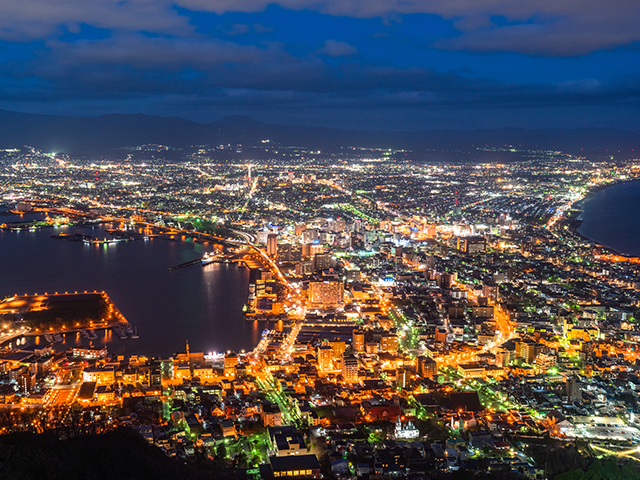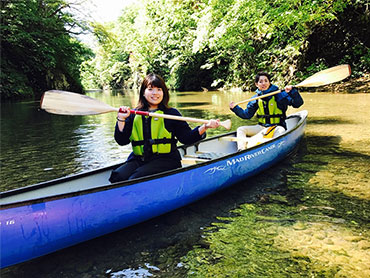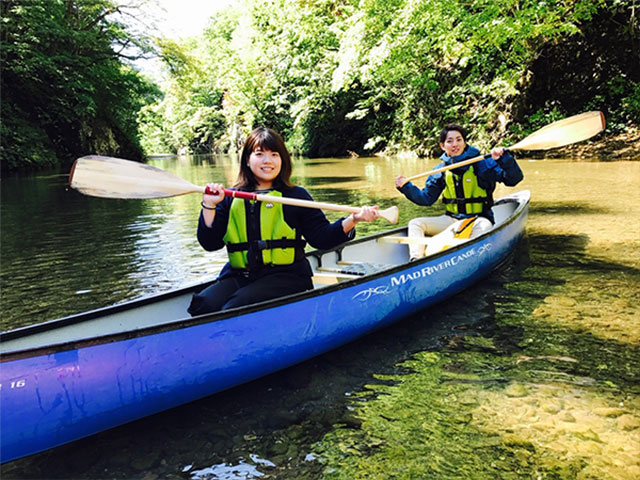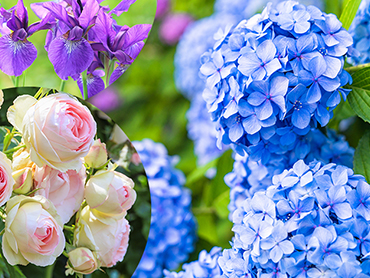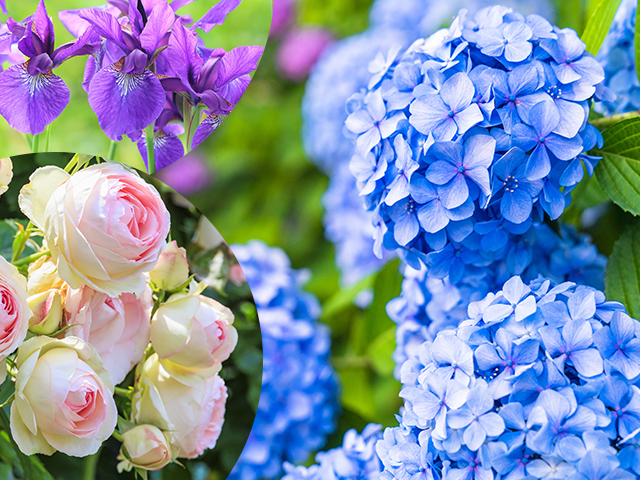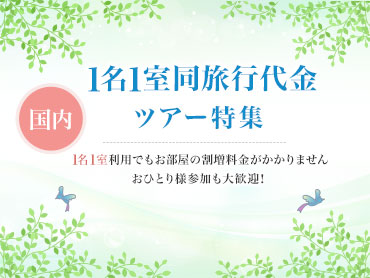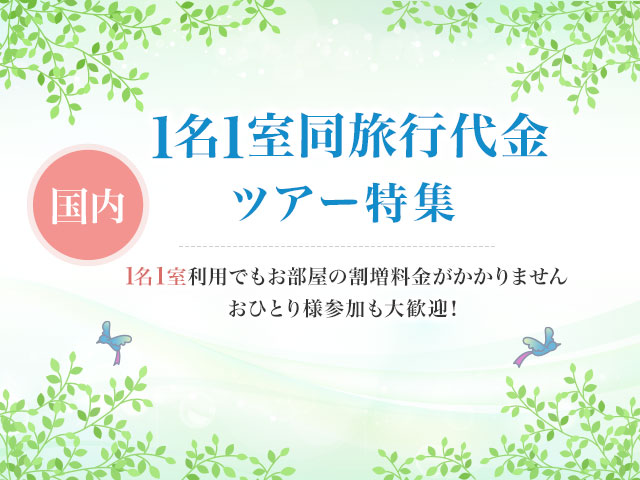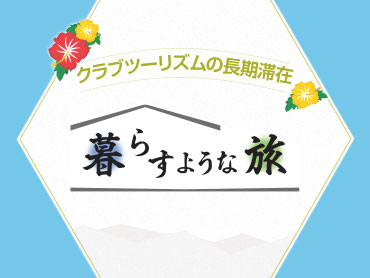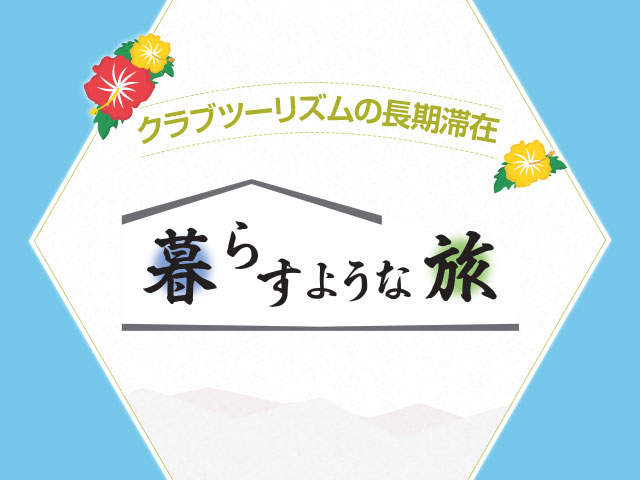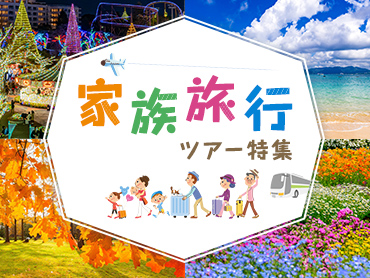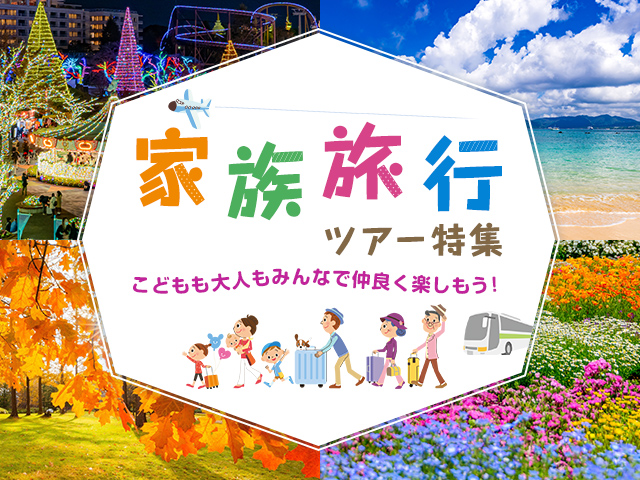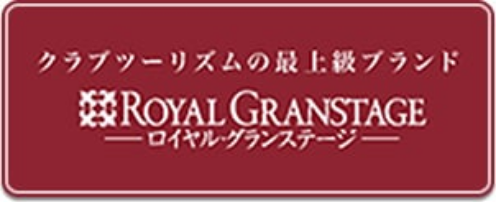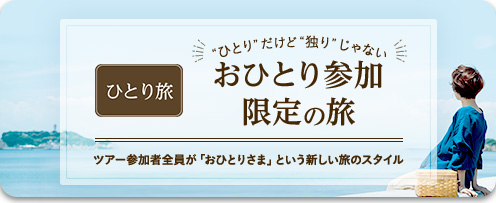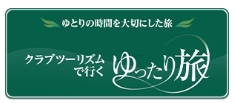Club Tourism's top-class Domestic Travel
【関西発】北海道の桜・芝桜・チューリップツアー・旅行 2025

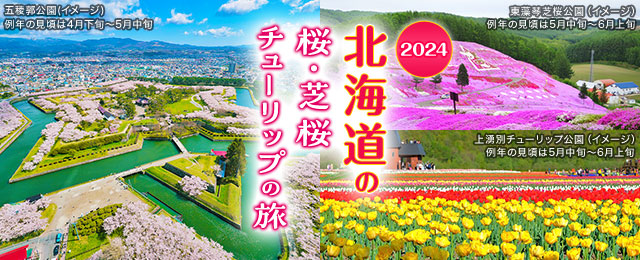
Club Tourism Special features of "Cherry Blossom, Shiba Cherry Blossom, Tulip" tours and trips at Hokkaido! Tour with an escort is safe and comfortable. Matsumae Park, Goryokaku Park, Shizunai Nijumadori Cherry Blossom Lined Road, Hokuto City Cherry Blossom Corridor, Higashi-Mokoto Shiba-Zakura Park, Shiba-Zakura, Takinoue Park, Kamiyubetsu Tulip Park Tours. Easy to search and apply for tours.
Recommended tours to see cherry blossoms in Hokkaido
Search by conditions
Hokkaido 's cherry blossom, moss phlox, and tulip viewing spots

Hokkaido 's famous cherry blossom spots
Goryokaku Park: The big, cherry blossom-colored first star colors Hakodate in spring

Best time to visit: Apr. late -May. mid
Hakodate Goryokaku" is famous for its star-shaped* castle ruins, which was also the scene of a war.
The largest Western-style castle in Japan built by the Tokugawa Shogunate is now a park where many people can relax.
Many kinds of cherry trees are planted here, including Someiyoshino, Kanzan, Fugenzo, and Ukon.
Hakodate The cherry trees were originally planted by the Mainichi Newspaper to commemorate the publication of its 10,000th issue, and now there are as many as 1,600 cherry trees in the park, attracting many tourists from outside of Hokkaido.
Trappistine Monastery

Best time to see: Late Apr. to early May.
This was Japan's first* convent for women, founded in 1898 by eight nuns sent from France.
Even today, the nuns live a self-sufficient life centered on prayer and work under strict discipline.
Within the garden, you will find holy statues and a museum, and during cherry blossom season, the white statue of Mary and the pink cherry blossoms create a beautiful contrast, beautifully decorating the monastery's Western-style architecture.
*Source: Hokkaido Tourism Organization
Matsumae Park: Home to 250 varieties of cherry blossoms that have long been a part of the castle town

Located at the southernmost tip of Hokkaido, the cherry blossoms of Matsumae are famous for being able to be enjoyed for a long time. The reason for this is the wide variety of cherry blossoms available.
Matsumae Park is home to approximately 10,000 cherry trees of about 250 different varieties, which bloom one after the other over the course of a month.

Matsumae Yumi Narita, Sakura Guide
Matsumae The cherry blossoms in the area are attractive because 10,000 cherry trees surround the castle walls and can be enjoyed for a long period of time, from the end of Apr. to about a month. Hokkaido Please also feel the reason why it is called "Little Kyoto in the North" with its heritage Matsumae castle and temple town.
Introducing the beautiful and unique cherry blossom varieties of Matsumae Park

(Image)
Shelter from the Rain (Amayadori)
When the branches grow majestically, they look like a wide open white umbrella.

(Image)
Fugenzo (Fugen Elephant)
This variety was created during the Muromachi period, and its two stamens look like elephant's tusks.

(Image)
Yoshino Somei (Yoshino Somei)
A representative variety of single-sato-cherry trees nationwide. Hokkaido flowering standard trees are located in front of the Matsumae city gate.

(Image)
Naden
A hybrid of Satozakura and Chojizakura. Its pale crimson color stands out beautifully, making it a representative variety of Matsumae.
Shizunai Nijukken Road Cherry Blossom Line Famous for its cherry blossom line that is said to have "10,000 trees at a glance"

This magnificent row of cherry trees features approximately 3,000 cherry trees (of various varieties, including Siberian cherries and Kasumi cherry trees) blooming in a straight line that stretches for 7 km.
It is said that the road was originally constructed as a road for imperial family members to visit the Imperial Household Ministry's Imperial Ranch, which was once located here.
Starting in 1916 (Taisho 5), it took three years to transplant Siberian wild cherry trees and other species from the neighboring mountains.
At the time, the road was exactly twenty ken (approximately 36 m) wide on both sides, and so it came to be called the Nijukken Road.
It is beloved by many as one of Japan's leading cherry blossom viewing spots, and every year from May. to mid May., many visitors from all over the country flock here to catch a glimpse of Japan's most magnificent rows of cherry blossom trees in full bloom.
Number of cherry trees: Approximately 3,000
Best time to see the flowers: Early to mid-May.
Houkiji Temple Weeping Cherry Blossoms

Best time to visit: Apr. late ~ May. mid
Hokkaido The city of Hokuto, where the Shin Hakodate Hokuto Station, which is the gateway to the Shinkansen, is located, is also known as a famous place for cherry blossoms. The so-called "single cherry tree" planted in the precincts of Hokameji Temple is a weeping cherry tree that is estimated to be more than 300 years old, and is about 12 meters tall. In addition, along the Ono River, which is about a 5-minute walk from Hokame-ji Temple, there are rows of Yoshino cherry trees that stretch for about 300 meters, and you can enjoy the splendid rows of cherry blossom trees. The tree is over 50 years old and is usually in full bloom in early May.
Site of Matsumae Domain's Hekiri-chi Jinya

This is a famous cherry blossom viewing spot with a beautiful tunnel of cherry trees.
At the site of Matsumae clan's Hekiriji Jinya, approximately 580 cherry trees, mainly Somei-Yoshino, are planted over an 800m stretch.
The rows of cherry blossom trees along the road are truly spectacular, creating a tunnel of cherry blossoms.
This was planted to commemorate the victory in the Russo-Japanese War, and is now a famous cherry blossom spot representing southern Hokkaido.
Famous spots for moss phlox in Hokkaido
What is Shibazakura?

Also known as "flower clover" (flower clover/flower claw grass), it is a perennial plant of the Polemoniaceae family.
Native to western North America, the stalks do not stand up but spread out horizontally before blooming. The flowers are shaped like cherry blossoms and come in a variety of colors, including white, pink, and wisteria. When in full bloom, they fill the ground and are well worth seeing. Although each flower is pretty, the sight of them planted all over the place in full bloom is spectacular!
The name Shibazakura comes from the fact that its stems grow like grass and its flowers look like cherry blossoms.
The flower's meaning is "timid heart" and "patience."


Higashimokoto Phlox Park

Mt. Mokoto has a beautiful, feminine shape with its gently spreading base. At the foot of the mountain lies Higashi Mokoto Village. With the arrival of early summer, Higashi Mokoto is dyed in the lovely pink of moss phlox. At Higashi Mokoto Moss Phlox Park, the entire 100,000 square meter hill is covered in moss phlox flowers, like a pink carpet.
Check it out in the video!
Moss Phlox Takinoue Park

At Shibazakura Takinoue Park in Takinoue Town, the 100,000 square meter hill is covered with cherry blossoms during the flowering season, coloring the town with a beautiful carpet of cherry blossoms. During the season, you can also experience sightseeing helicopter flights. Shibazakura Takinoue Park is also famous as the location for the filming of "The Naked General."
Check it out in the video!
Major tulip viewing spots
Kamiyubetsu Tulip Park

Kamiyubetsu Tulip Park has 700,000 tulips planted across 7 hectares of land!
Every year we introduce new varieties and adjust the planting arrangement.
Please enjoy rare varieties imported directly from the Netherlands.
There's more! Cherry Blossom Tour Special
Easy online travel consultation
Customer Co-Creation Activities
Latest Tours and Information
Club Tourism Travel Brand
Overseas Travel
Club Tourism Internet Membership Information
-
A wide range of services exclusively available to members
-
Search for trips anytime, anywhere!
-
Be the first to know about the best seasonal travel deals!



